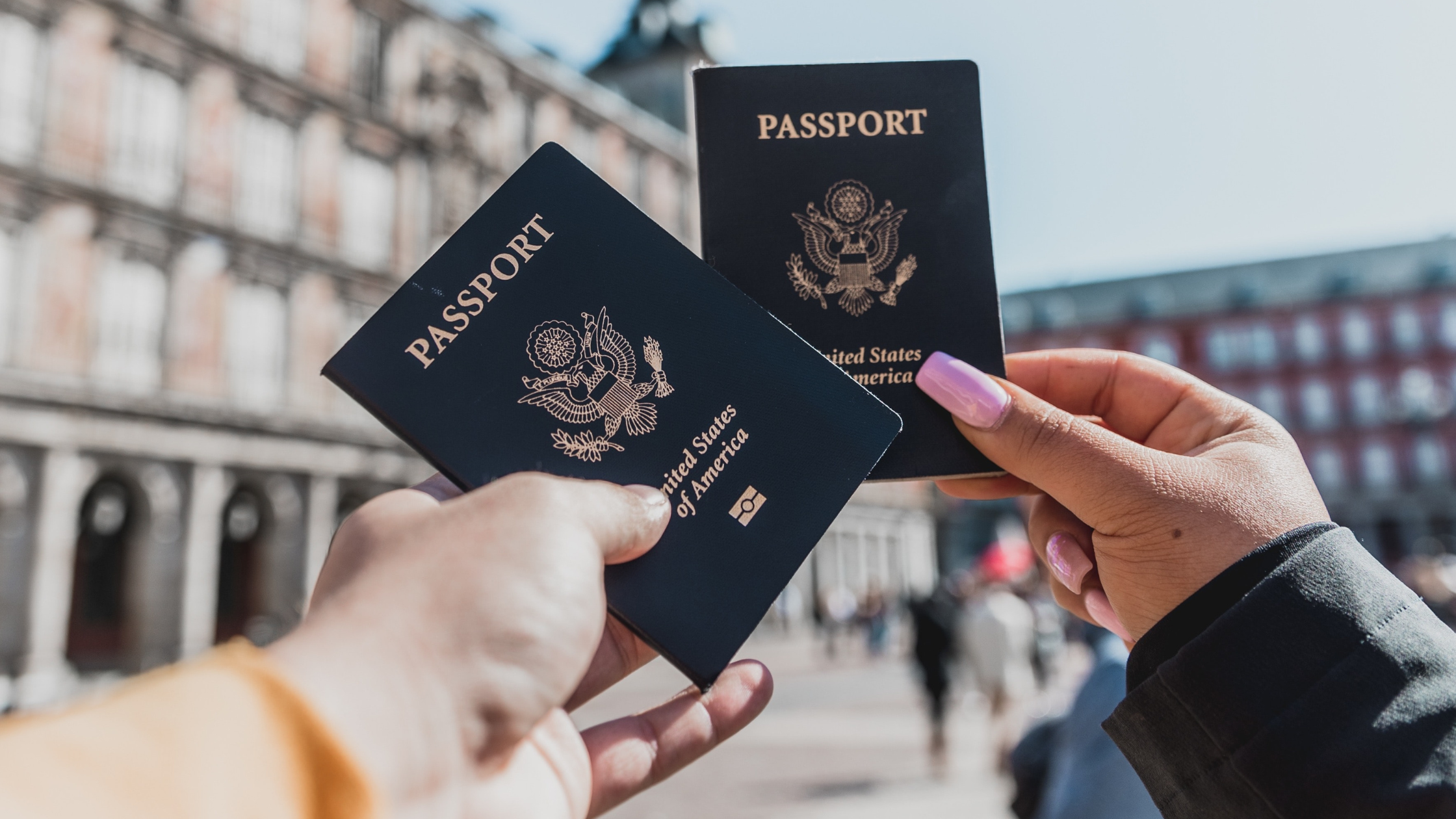If you are a US citizen living abroad, you will need to file your income tax return on Form 1040 based on your worldwide income.
And to file this, you’ll usually need a Social Security Number (SSN). An SSN is the most common type of tax identification number.
But hold on.
What happens if you don’t have an SSN? Or your foreign spouse doesn’t have one?
Just because you don’t have an SSN doesn’t mean you don’t have to file a tax return if you’re required to. If only it were that easy!
This is where the Individual Taxpayer Identification Number (ITIN) comes in.
What is the Individual Taxpayer Identification Number?
An Individual Taxpayer Identification Number is a tax processing number.
The IRS issues this unique 9-digit number to individuals who are required to file a federal income tax return but:
- don’t have an SSN, and
- aren’t eligible to get an SSN from the Social Security Administration (SSA)
🛑 The ITIN identifies you to the IRS for federal tax reporting and compliance only. It doesn’t entitle you to other perks like Social Security benefits or Medicare. And it has nothing to do with your immigration status.
Because all US Citizens are automatically eligible for a SSN, only non-citizens can apply for an ITIN.
What is the purpose of an Individual Taxpayer Identification Number?
The IRS issues an ITIN for federal tax reporting only and not for any other reason.
Now, here’s the thing.
Some individuals need to file a US tax return but can’t get an SSN. A couple of examples include those who are…
- not U.S. citizens, or
- not Green Card holders
Yet these folks could run a business in the United States or have income originating from the US they need to pay income tax on.
These individuals should file their returns and pay taxes to the IRS on their income.
But these folks don’t have a SSN. You see the problem. 👀
That is where the ITIN comes in.
The IRS requires these individuals to apply for an ITIN and use it to file their tax returns and subsequently pay their taxes.
Who should apply for an Individual Taxpayer Identification Number?
Let’s talk for a minute about three words… Resident, nonresident, alien:
👽 Alien: for US taxes, an alien is anyone who’s not a US citizen
🏚️ Resident: for taxes, a resident is a Green Card holder or meets the substantial presence test
✈️ Nonresident: for taxes, everyone else who’s not a resident but is an alien (i.e., not a resident and not a citizen)
Let’s look at a few examples of these terms to understand them better. Because they are the basis of understanding when an ITIN is needed.
Resident alien: A French citizen who’s lived in the US for the last three years but doesn’t have a Green Card.
Nonresident alien: A French citizen who lives in France and doesn’t travel to the US.
Now that we understand these terms, it will make understanding this next bit a little easier.
According to the IRS, the following are some of the most common situations when an ITIN may be required:
- Nonresident alien who is required to file a U.S. tax return.
- US resident alien who is—based on days present in the United States—filing a U.S. tax return.
- Dependent or spouse of a U.S. citizen or resident alien.
- Dependent or spouse of a nonresident alien visa holder.
- Nonresident aliens claiming a tax treaty benefit.
- Nonresident alien student, professor, or researcher filing a US tax return or claiming an exception.
If you determine you or your foreign spouse or dependent need an ITIN, the next step is to complete the application.
How to apply for an ITIN
There are generally three methods you can use to get an ITIN:
- Application by mail
- Application with an IRS-authorized Acceptance Agent
- Applying at an IRS Taxpayer Assistance Center
How to apply for an Individual Taxpayer Identification Number by mail
To file by mail, prepare your Application Package in these three easy steps.
- Complete Form W-7, Application for IRS Individual Taxpayer Identification Number (Form W-7 Instructions)
- Attach the original tax return (s) for which the ITIN is needed. After the IRS assigns you an ITIN, it will also process your tax return.
- Include original identification documents (or certified copies), like passports, to support the information provided on Form W-7.
- Mail all documents by the due date of the return you’re submitting to:
Internal Revenue Service
ITIN Operation
P.O. Box 149342
Austin, TX 78714-9342
🚨 You’ll also need to remember it can take up to 11 weeks for you to get an Individual Taxpayer Identification Number after mailing your request. This is also the time it’ll take to get your original passport or other identifying documents back.
So this is something to consider, especially if you’ll need your passport earlier than the expected 11-week wait time.
How to apply for an ITIN with an IRS-authorized Acceptance Agent
There are two types of acceptance agents authorized by the IRS to help taxpayers get an ITIN.
✅ Acceptance Agent (AA)
✅ Certifying Acceptance Agent (CAA)
The importance between these two is:
The CAA can verify original documents (passports, birth certificates, etc.) and will return the documentation immediately after reviewing its authenticity.
An AA can help you prepare a Form W-7 but can’t verify documentation. You’ll need to send the originals to the IRS with your application and wait up to 11 weeks for their return.
But using an accepting agent comes with a disadvantage, especially for expats abroad: Finding an agent near you.
There are IRS-authorized Certifying Acceptance Agents in several countries outside the US, including Canada and the United Kingdom.
Still, finding time to travel to a particular office may pose logistical challenges.
How to apply for an ITIN at an IRS Taxpayer Assistance Center
Applying for an ITIN at an IRS Taxpayer Assistance Center is another option for those who don’t want to mail their application directly to the IRS and wait for up to 11 weeks to get their original documents back.
But for expats abroad, this could be the most inconvenient option.
It’s because there are no IRS Taxpayer Assistance Centers outside the United States. Also, they operate only by appointment. They don’t accept walk-ins.
What do I do next?
If you think you or someone in your household may need an ITIN:
- Review your sources of income for any US-sourced revenue. This will help you know if you have US tax filing requirements.
- If you or any household member is a US citizen or Green Card holder, apply for an SSN, not an ITIN.
- If you’re not eligible for an SSN, contact our expert expat CPAs to help prepare your eligible tax return and ITIN application.

 Connect on LinkedIn
Connect on LinkedIn

